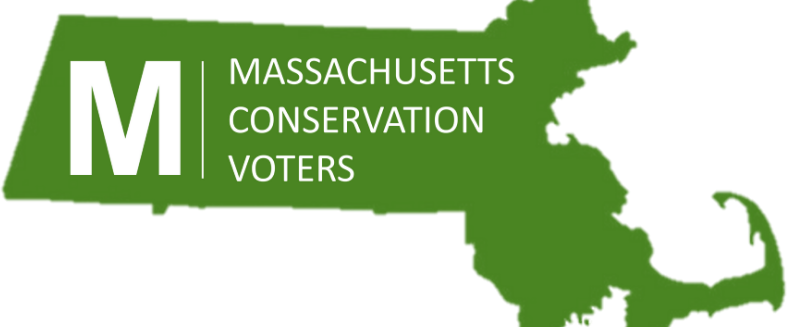Chuck Anastas and Doug Pizzi | February 27, 2020
Sometimes, amid all of the disappointments of misplaced developments, destructive highway realignments, and park funding shortfalls, it’s hard to stay focused on the dream of expanding public access to conservation lands and recreational opportunities for everyone. Yet each day people are using our vast park system; hiking, biking, kayaking, rock climbing, playing catch or pick-up basketball, skating, even horseback riding. Every day, people take advantage of precisely what open spaces and parks offer to all of us.
Our park system is a miracle born of vision and hard work by many people and organizations over centuries, and the fact that more than a decade of underfunding and outright neglect haven’t led directly to its demise is another miracle. So, the work to reverse this trend continues – our work.
This year offers us the opportunity to make parks and DCR part of the public conversation again. You may have seen earlier posts in which we’ve discussed the state Legislature’s special commission to study DCR from top to bottom. The commission is ramping up to start work, which must be finished this calendar year. We all know the importance of open spaces to our health, happiness, and our state and local economies. But along the way public discourse has been relegated to the private and parochial or even completely disappeared.
An unhappy example of that is the recent Boston Globe Special Section entitled: Massachusetts Works. Not one of the featured contributors wrote about parks and open spaces at all, let alone acknowledged their creation as a historic movement here in Massachusetts that continues to struggle for funding and attention. The Globe got one thing right when it stated in its editorial: “Massachusetts can continue to be a national leader by recognizing its own strengths and committing not to take them for granted.”
And yet the Globe did just that, took our natural spaces and historic resources for granted. Rest assured, MCV will not. MCV agrees with Jeff Kaufman of Needham whose opinion, though relegated to the Globe’s comment section, is important:
“The Dept of Conservation and Recreation deserves kudos. We take our environment for granted, especially parks and forests. We have many notable forests and campgrounds, wetlands that are preserved, and increasingly restored rivers and streams. We have DCR forests in the northwestern part of the state where a visitor can imagine what it was like to walk there 300 years ago. This is an excellent program.”
Jeff Kaufman, Needham, Massachusetts
MCV is committed to working beyond rhetoric but needs a more transparent DCR to do so. We look to the work of the Special Commission to examine what we believe to be more than a decade of underfunding that has resulted in a loss of public confidence in DCR. You need to look no further than the Administration’s FY 2021 proposal to move responsibility for some of DCR’s parkways to the Department of Transportation (DOT) and the near silence that has greeted this proposal. Where once there would have been howls of protest, there are now advocates expressing doubts about DCR’s ability to care for the parkways adequately.
But examine the FY 2021 budget, and there is no easy way to determine what it costs to maintain these historic, scenic roads because there are no line items, save for snow removal, detailing these expenses. That’s how you sow distrust of a public agency – underfund it and then dismantle its assets, ignoring the vision that created those assets.
Of course, the proposed removal of Storrow Drive and Soldiers Field Road from DCR and sending it to DOT has much to do with the Mass Pike Allston realignment. But these sister agencies have different views of the pavement they both maintain. Where DCR sees a park with a road going through it, DOT sees a road that needs to be unfettered in moving cars from Point A to Point B. Removing the parkways from DCR has everything to do with ensuring it is a highway project rather than a public transit, neighborhood building, park opportunity.
Given all of this, we have three significant challenges over the next 10 months:
- Increasing the DCR parks operations budget for FY2021, level funded by the Baker Administration.
- Creating a specific line item or items to break out funding for parkways so we actually know what they cost, while keeping those parkways within the responsibility of DCR, and;
- Generating support within the Special Commission, the Legislature as a whole, the Administration and the general public for transparent budgets and capital plans.
At a time when most of us agree that public transit, walkable neighborhoods, and open space are the keys to spurring our economy, especially our $16 billion outdoor economy, we instead are confronted with a proposal to build a highway that threatens to abandon the vision of Frederick Law Olmsted and Charles Eliot.
Spring is coming. It’s time for us to take a walk in a park or a forest and regain our sanity before it’s too late.
Chuck Anastas is the Chair of the Board of Directors, and Doug Pizzi is the Executive Director at Massachusetts Conservation Voters
